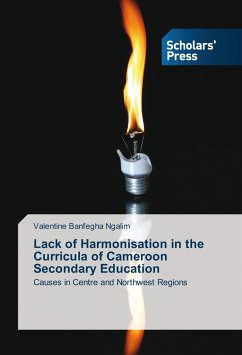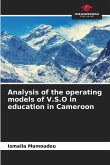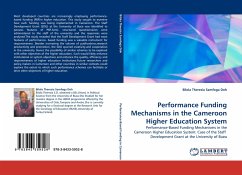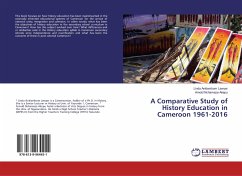This work aims at investigating the problem of curricular organisation in secondary education of Cameroon. Lack of harmonisation is the problem at stake. What are the causes for lack of harmonisation in the organisation of the curricula in Cameroon? Four hypotheses are articulated to answer this question. These include, Conflict of cultures, weak political will, fear of change and profound discrepancies in the curricular contents of the two sub-systems. Within the context of the theory of democratic education, some theories were used to examine the problem in question. A suspension of prejudices is imperative in order to establish a school curriculum proper to Cameroon. This book concludes with possible directions for the future of secondary education in Cameroon. These directions are addressed to the Government, MINESEC, UNESCO, UNICEF, Society, Parents and teachers. These facts are meant to ensure progress and educational development in Cameroon.
Bitte wählen Sie Ihr Anliegen aus.
Rechnungen
Retourenschein anfordern
Bestellstatus
Storno








